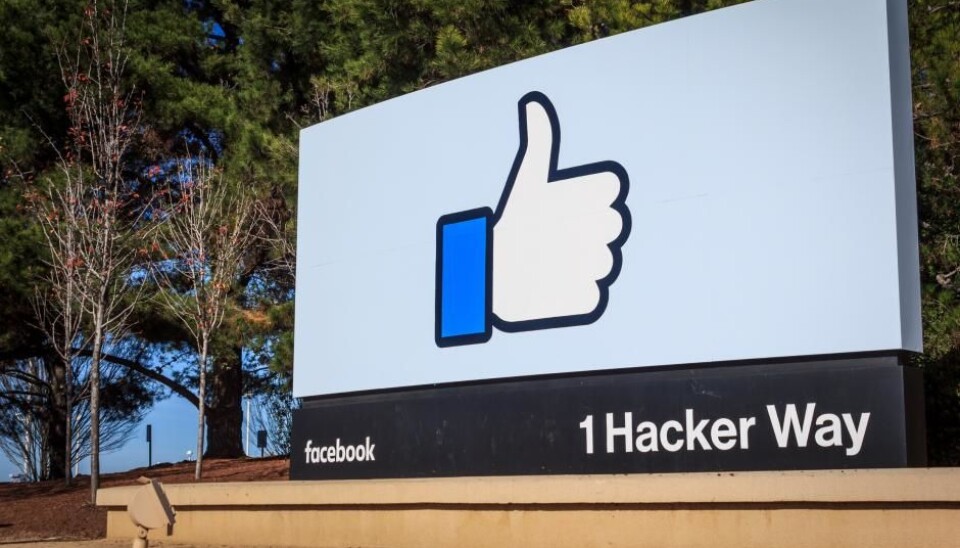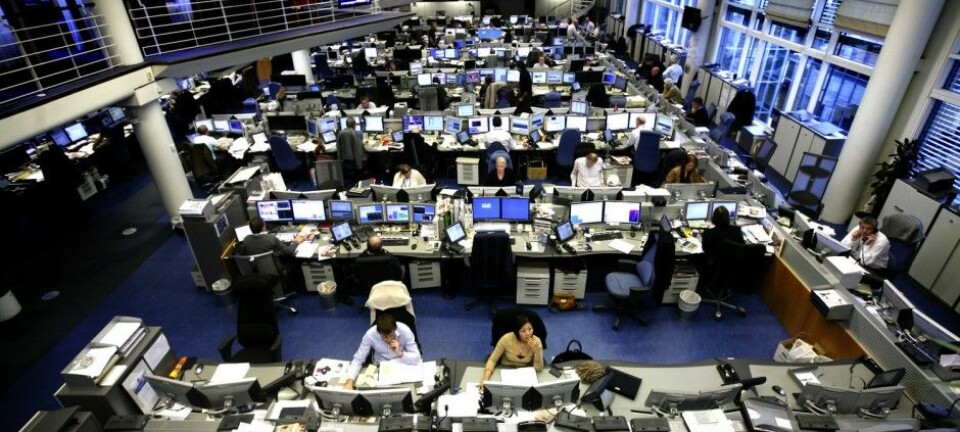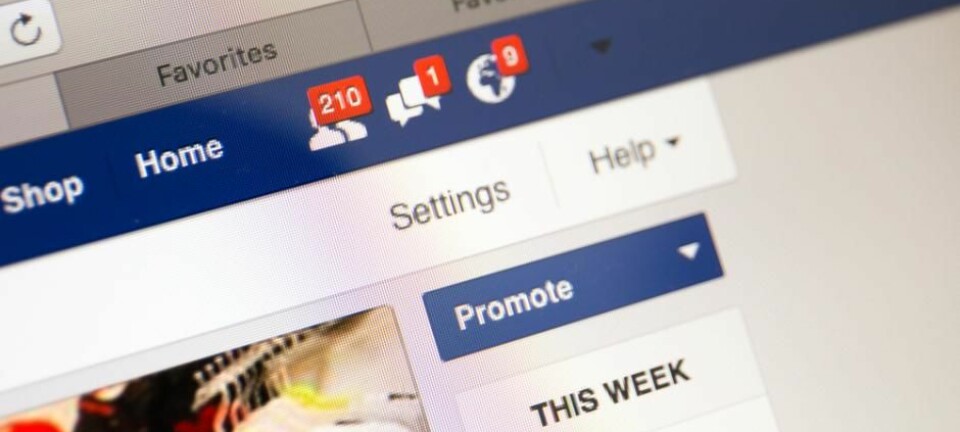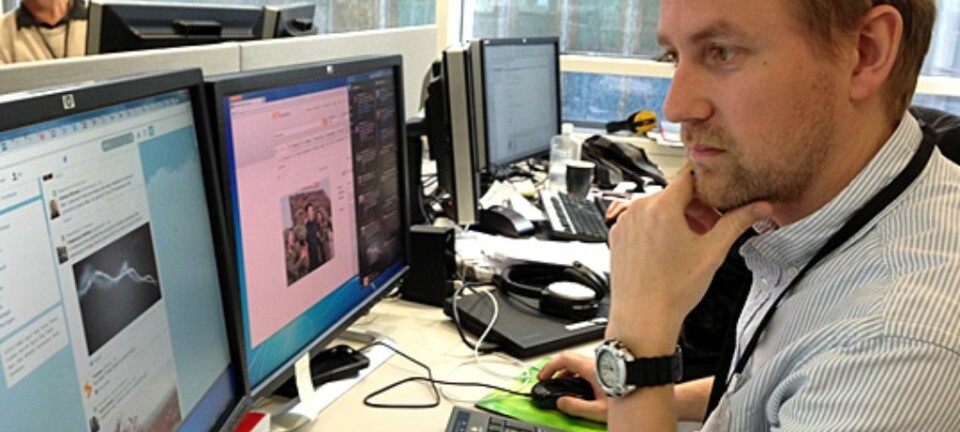
New study counters social media fears
The fear that Facebook and Twitter spread fake news seems exaggerated.
Denmark loves social media. Around 65 per cent of Danes check their Facebook profiles every day, and Instagram and Snapchat are also popular. Many of us get our daily news from social media and partake in online debates.
But is our love of social media a problem? Some people say it is and that social media is the root cause of a crisis in democracy. Facebook and Twitter’s ability to spread fake news faces particular scrutiny.
Algorithms used by Facebook are also accused of creating an echo chamber, where people are fed content that closely resembles stories that they have read before and simply confirms their preconceived opinions.
But such fears are baseless, according to new figures from the IT University in Copenhagen. Facebook and other social media platforms are not responsible for polarisation and dumbing down of society, they say.
On the contrary, social media strengthens the political discussion.
“Our study also shows that social media users are generally open to other points of view,” says Associate Professor Luca Rossi, one of the researchers behind the survey.
Read More: Facebook is not about stimulating Democracy
Danes not taken in by fake news
Fake news shared by Facebook’s algorithms or your friends do not seem to have an especially large impact among Danes.
The new study (and previous research) shows that people primarily read headlines from large news organisations and that readers are supplied with a broad range of headlines from a range of online sources.
“The fear that Facebook and Twitter spread fake news seems exaggerated,” says Rossi.
Around 40 per cent of the people questioned said they actively search for information on the internet and do not uncritically consume the news fed to them by Facebook.
Read More: Exposing fake news on social media
Good news for democracy
The results are good news for democracy, says Associate Professor Anders Kristian Munk, head of the Techno-Anthropology Laboratory at Aalborg University, Denmark.
He describes it as an exciting study that should cause us to nuance our critique of social media.
"There's been a somewhat irritating tendency to blame filter bubbles and echo chambers for big international crises such as Brexit and the Trump vote without much empirical evidence," says Munk.
“The fact that foreign powers meddle in elections by creating fake accounts and sponsoring content, or that social media platforms like Facebook have not been transparent about political ads, is of course a huge problem. But that does not necessarily mean that we have become more trapped inside our bubbles, that we are not exposed to diverse political content, or that we have become uncritical consumers of that content.”
Neither is he concerned that a third of those questioned said that they never meet opinions that differ from their own on social media.
“There have always been echo chambers. Social-psychological experiments show that people are prone to gossip and trust people and media that confirm their own opinions,” says Munk, who points out that before social media people simply read newspapers that confirmed their own political views.
“On social media you probably meet a wider variety of opinions than before,” he says.
Read More: Older people think social media is superficial
Older generation is more polarised than younger people
Previous studies have also shown that social media neither creates a polarisation of society nor harms democracy. For example, a 2015 study published in Science showed that social media does not challenge democracy as previously suggested.
Munk highlights a study published by researchers at Stanford University earlier this year. They found that Americans have become increasingly polarised over a number of years. For example, an increasing number say that they would not be happy if their son or daughter married someone with contrasting political opinions.
But this had nothing to do with their social media use as young people, who spent the most time online, were far more open to other political opinions than people over the age of 75 who rarely ventured online.
Read More: Mathematicians can now predict your social networks
Facebook is not responsible for the world’s problems
Another study from the US asked 14,000 people from seven countries about their internet habits.
Sixty-three per cent said that they actively searched for news and other information on politics online and that their news consumption was not limited to the stories fed to them by Facebook’s algorithms.
“It’s very encouraging. The algorithms are only problematic if people read the information that pops up in their feed without asking where it comes from. It’s a good idea to search for information from multiple sources,” says Munk.
He also warns that continually blaming Facebook and other social media platforms could cause us to overlook the actual reasons behind recent trends.
“Dangerous things happen in the world, but it doesn’t have to mean that we blame Facebook when there’s no empirical evidence for a causal relationship,” he says.
Munk’s research group at Aalborg University, Denmark, collaborates with the European research network ‘Public Data Lab,’ and have produced a Field Guide to Fake News.
------------------------
Read more in the Danish version of this story on Videnskab.dk
Translated by: Catherine Jex










